While You Bathe In The Sun, What Do Your Teeth Bathe In?

WHEN IT’S WARM OUTSIDE we all enjoy our favorite warm weather foods and beverages! Have you ever considered how some of these affect your smile? You may be surprised. Here’s a short list of foods that can do some damage to your teeth if you’re not thoughtful about it.
Warm Weather Foods To Be Aware Of:
Iced Coffee
Many people not only start the day drinking iced coffee, but continue to sip on it throughout the day. Because your teeth are very porous, coffee can leave significant stains on your teeth. Lightening up your coffee with cream or milk helps a little.
Pickles & Pickled Vegetables
Pickles are typically made with lots of vinegar and sugar—two things that can be harmful to your teeth. The vegetables are healthy but the brine is what can do some real damage.
Sports Drinks
People are a lot more active during warm weather months. Do you turn to sports drinks to stay hydrated? Just be careful. Many are full of sugars and acids.
Diet Soda
These drinks may seem harmless because they don’t have sugar, but they still have a lot of acidity and other harmful substances that can affect your tooth enamel.
Barbecue Sauce
Most barbecue sauces contain lots of sugar, vinegar, tomato paste, and (in some cases) dye which can contribute to damage or stains.
Helpful Tips:
- Don’t swish around sport or fruit drinks, or hold them in your mouth.
- After drinking sports drinks, wait an hour before brushing your teeth so you don’t harm the softened enamel.
- Eat more fresh vegetables such as cucumbers and celery.
- After eating barbecued foods or foods that stick between teeth, chew sugar free gum and/or rinse your mouth with water.
And Just For Fun…
Check out these summer hacks (especially the ones that encourage all of us to drink more water and eat more fruit)!
Enjoy the warm weather! And, if you have questions about this information, please let us know and let’s visit!

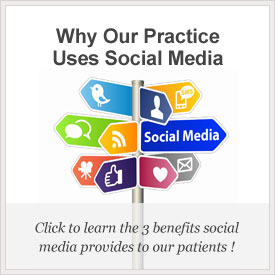








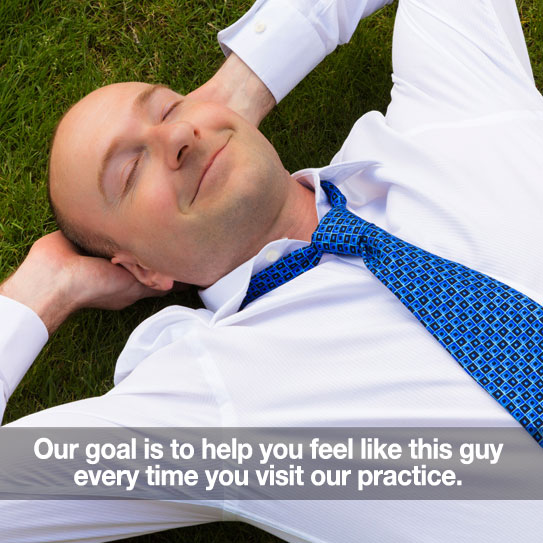
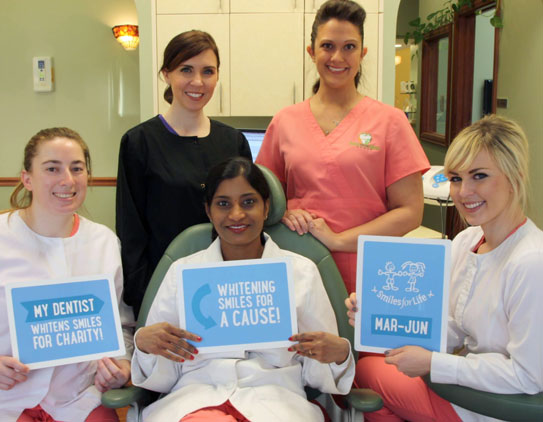

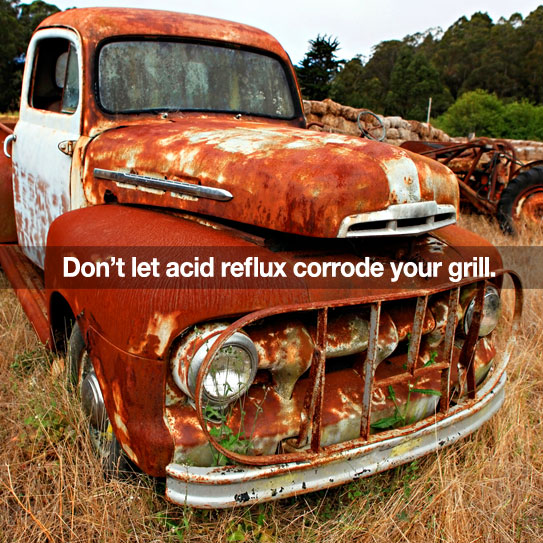
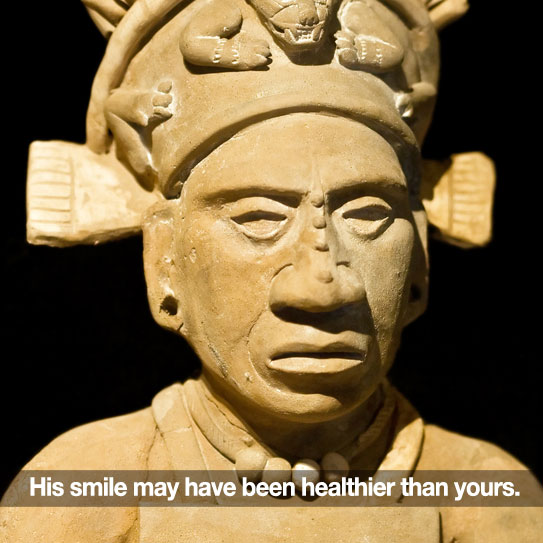
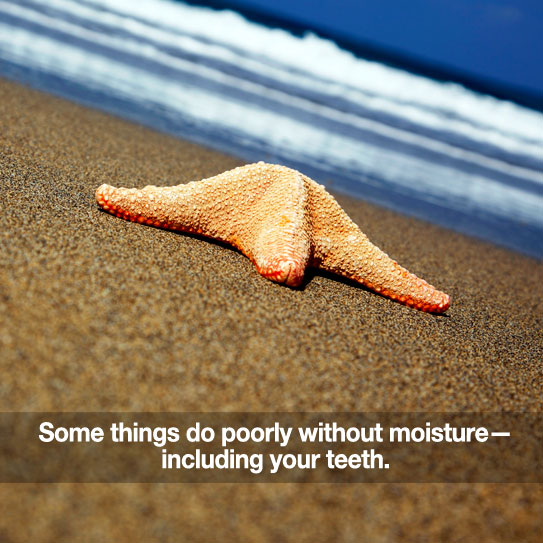
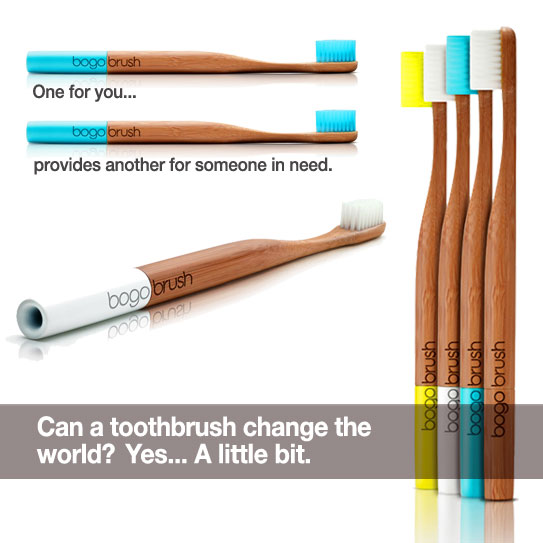

My daughter and I love going to see Dr Aparna Sadineni and her professional staff. We never have to wait and the staff knows us like a second family. I highly recommend this office!